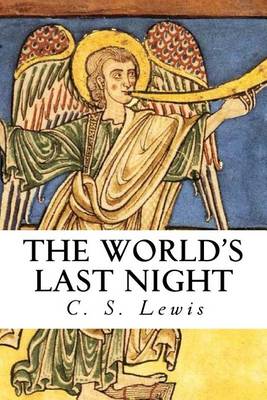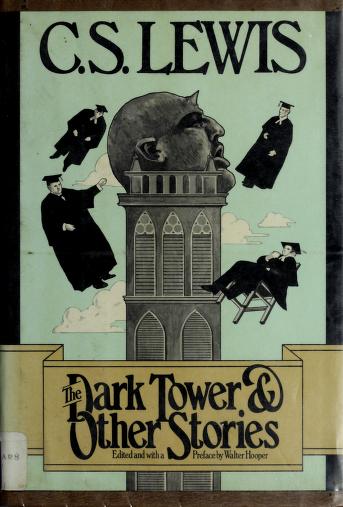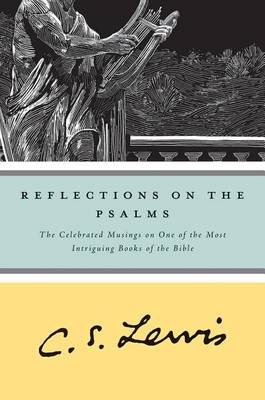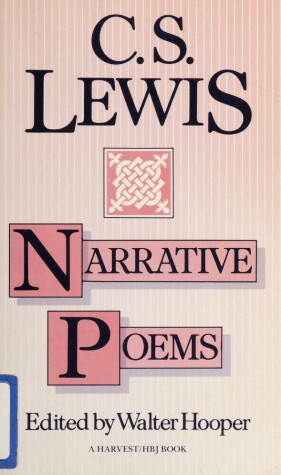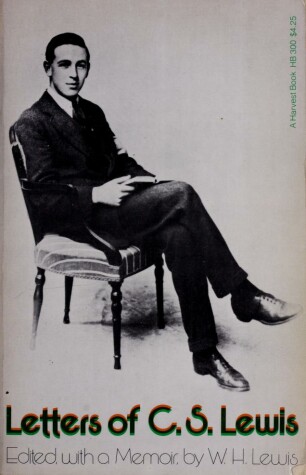Harvest Book
1 primary work • 5 total works
Book 260
The Psalms were written as songs; we should read them as poetry, in the spirit of lyric, not as sermons or instructions. But they are also shrouded in mystery, and in this careful reading from one of our most trusted fellow travelers, C.S. Lewis helps us begin to reveal their meaning in our daily lives and in the world. Reflecting again and anew on these beloved passages, we can find both joy and difficulty, but also, always, real enlightenment and moments of transcendent grace.
"This book may not tell the reader all he would like to know about the Psalms, but it will tell him a good deal he will not like to know about himself." --Times Literary Supplement
"[Lewis] . . . displays in this volume the same keen insight and gifted tongue that have made him one of the most highly respected essayists using the English language." --Chicago Sunday Tribune
"Full of illuminating observations." --New York Times
C.S. Lewis enjoyed both stories and poetry. His narrative poems combine his gift in story-telling with his skills as a poet. The four pieces in this book are the only narrative poems by Lewis known to be in existence.
The poems are full of Lewis's romantic imagination; they display his love and knowlege of classic mythology and his own mastery of the English language.
Dymer (1926)
* Launcelot (?early 1930s)
* The Nameless Isle (1930)
* The Queen of Drum (1938)
`Dymer' was begun by Lewis as a story in prose and the original idea had `come to him' at the age of 17. It tells the story of a man who begets a monster. The monster kills his father and becomes a god.
`Launcelot' is based on the legend of King Arthur and the Holy Grail and `The Nameless Isle' is the story of a shipwrecked mariner and his adventures on a magic island.
`The Queen of Drum' tells of an old pompous king and his young queen who eventually has to choose between heaven, hell and fairyland.
What better way to know a writer s innermost thoughts than by reading their letters? This volume collects C.S. Lewis s correspondence with family, friends, and fans, and spans from his youth as a student to just a few weeks before his death. Witness his conversion from atheism to Christianity, as well as his thoughts on books, nature, humanity, and God.
Introduced and edited by Walter Hooper, this volume includes selected entries from Lewis's own diary, and Warnie Lewis's fascinating memoir of his brother's life.
"If wit and wisdom, style and scholarship are requisites to passage through the pearly gates, Mr. Lewis will be among the angels." The New Yorker"
